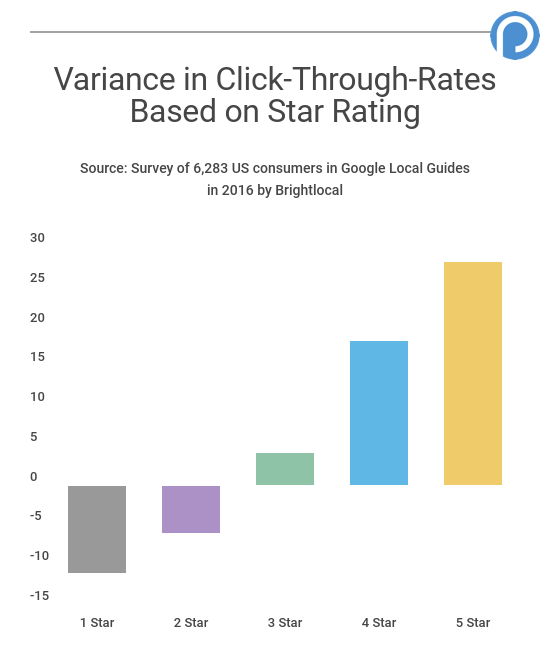- Have any questions?
- [email protected]
Turning Negative Feedback into Positive Brand Growth through Online Reputation Management

Crafting a Positive Brand Narrative in the Age of User-Generated Content
November 9, 2023
Protect Your Brand: Strategies for Effective Online Reputation Management in the Age of Social Media
November 15, 2023From Crisis to Opportunity
In today’s digital age, online reputation management (ORM) is more crucial than ever. A single negative review or comment can quickly go viral, causing significant damage to a brand’s reputation. However, with the right approach, businesses can turn negative feedback into an opportunity for growth and improvement. In this article, we will discuss strategies for effectively managing negative feedback and leveraging it to foster positive brand growth.
The Importance of Online Reputation Management
Understanding the impact of negative feedback
Negative feedback can have a profound impact on a business’s online reputation, influencing potential customers’ perceptions and decisions. Studies show that a large percentage of consumers rely on online reviews when making purchasing decisions, and negative reviews can significantly affect a business’s bottom line. Therefore, it is essential for businesses to actively monitor and address negative feedback to protect their reputation and maintain customer trust.
Embracing transparency and responsiveness
One of the most effective ways to manage negative feedback is by embracing transparency and responding promptly to customer complaints and concerns. Ignoring or deleting negative comments may give the impression that a business is trying to hide something, which can further damage its reputation. Instead, businesses should acknowledge the issue, apologize if necessary, and offer a solution to resolve the problem. This approach demonstrates that the business values its customers’ feedback and is committed to providing exceptional service.
Turning Negative Feedback into Positive Brand Growth
Analyzing feedback for valuable insights
Negative feedback can provide businesses with valuable insights into areas where they may need improvement. By analyzing the feedback, businesses can identify trends and recurring issues, enabling them to address the root causes and make necessary adjustments. This process not only helps businesses improve their products and services but also demonstrates their commitment to customer satisfaction.
Leveraging feedback for continuous improvement
By addressing the issues identified through negative feedback, businesses can turn a potential crisis into an opportunity for growth. Implementing changes and improvements based on customer feedback can lead to increased customer satisfaction, better online reviews, and ultimately, positive brand growth. Moreover, businesses that actively engage in continuous improvement are more likely to stay ahead of their competitors and adapt to changing market trends.
Showcasing positive changes and success stories
Once businesses have made improvements based on negative feedback, it is essential to share these positive changes and success stories with their audience. This can be done through social media, blog posts, newsletters, or even by updating previous reviewers about the changes made in response to their feedback. Showcasing these success stories can help rebuild trust and credibility, fostering a positive brand image.
Best Practices for Online Reputation Management
Monitoring and managing online reviews
Actively monitoring and managing online reviews is a crucial aspect of ORM. Businesses should regularly check review platforms, social media channels, and other relevant sites for any negative feedback. By staying on top of these reviews, businesses can respond promptly, address issues, and maintain a positive online reputation.
Encouraging positive reviews
Encouraging satisfied customers to share their positive experiences online can help to counterbalance any negative feedback. Businesses can request reviews through email campaigns, social media, or even in-person, ensuring they maintain a steady stream of positive feedback to bolster their online reputation.
Implementing a comprehensive ORM strategy
A comprehensive ORM strategy should include ongoing monitoring, responsiveness to feedback, continuous improvement, and showcasing success stories. By implementing these best practices, businesses can effectively manage their online reputation and turn negative feedback into an opportunity for growth and positive brand development.
Conclusion
In today’s competitive digital landscape, effectively managing negative feedback is crucial for businesses looking to protect and enhance their online reputation. By embracing transparency, responsiveness, and leveraging negative feedback for continuous improvement, businesses can turn a potential crisis into an opportunity for positive brand growth. Implementing a comprehensive online reputation management strategy, including monitoring and managing online reviews, encouraging positive feedback, and showcasing success stories, will help businesses maintain a strong and credible online presence. In doing so, they can foster customer trust, increase customer satisfaction, and ultimately drive long-term success in the digital age.


